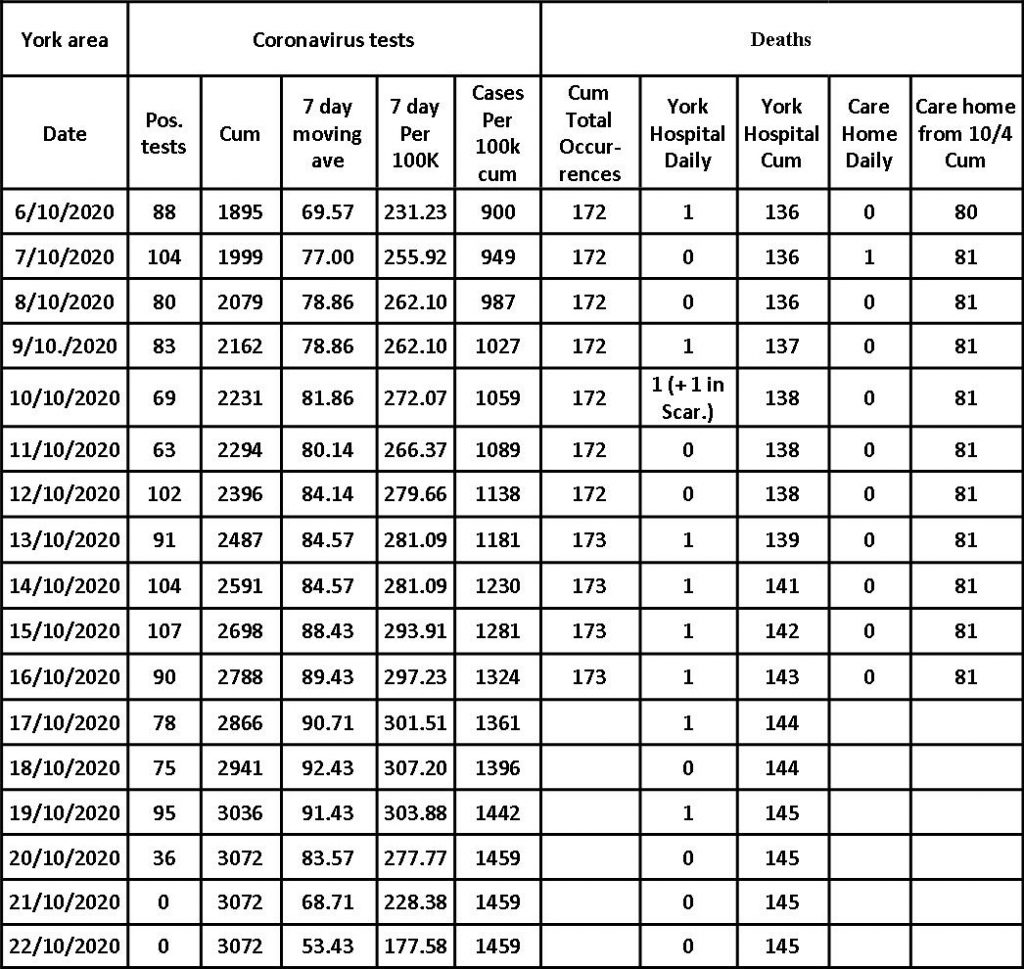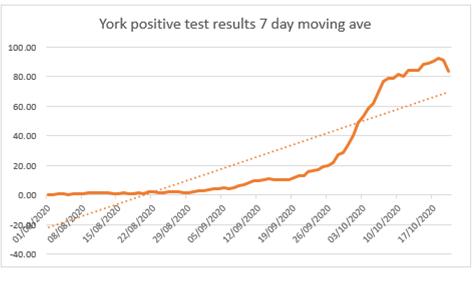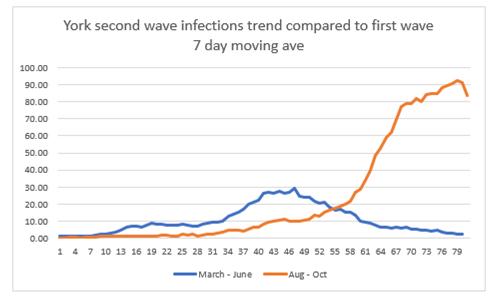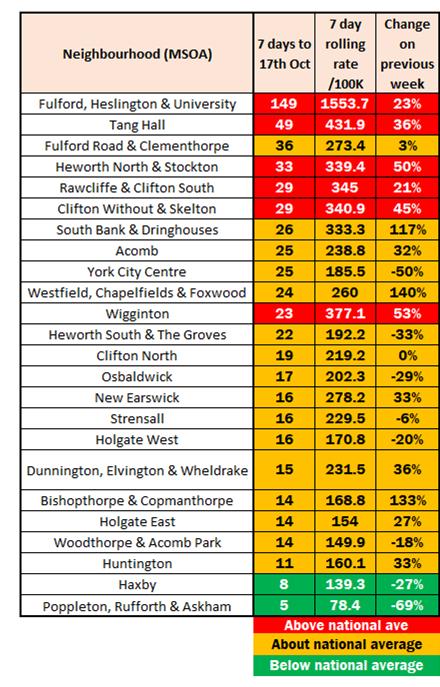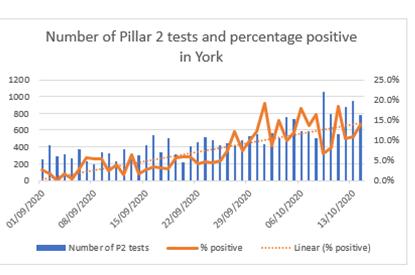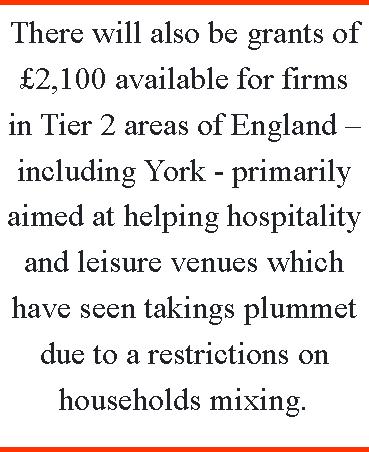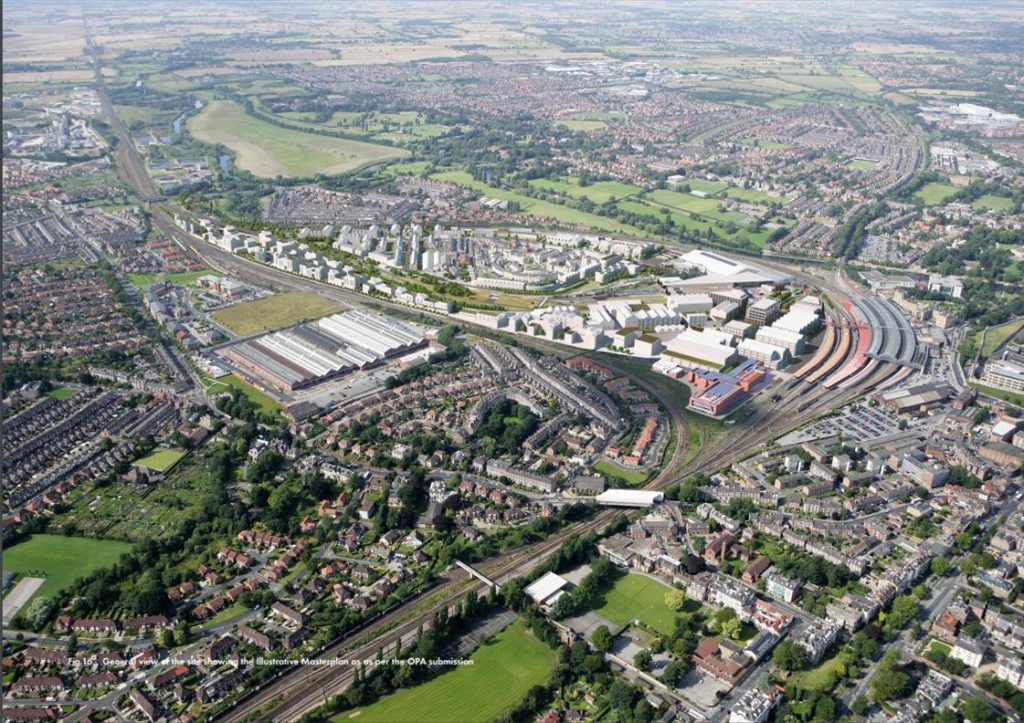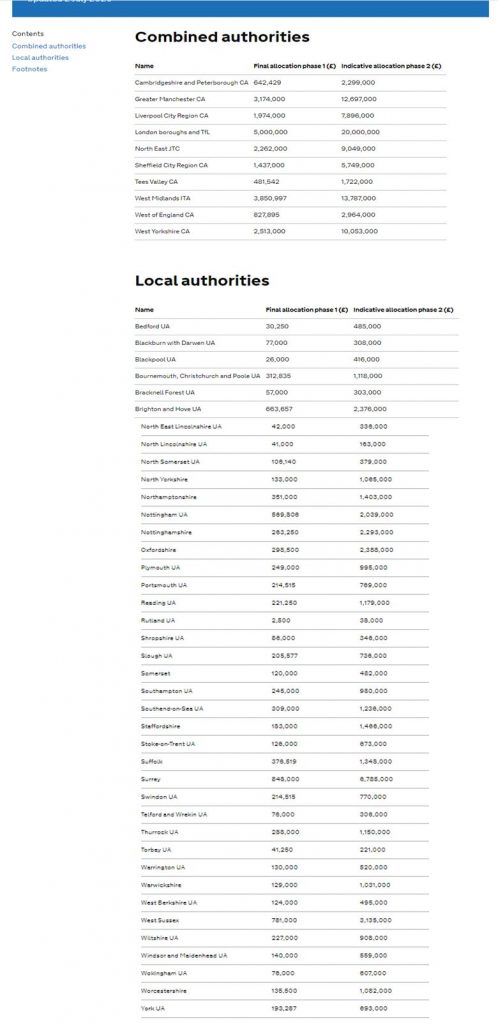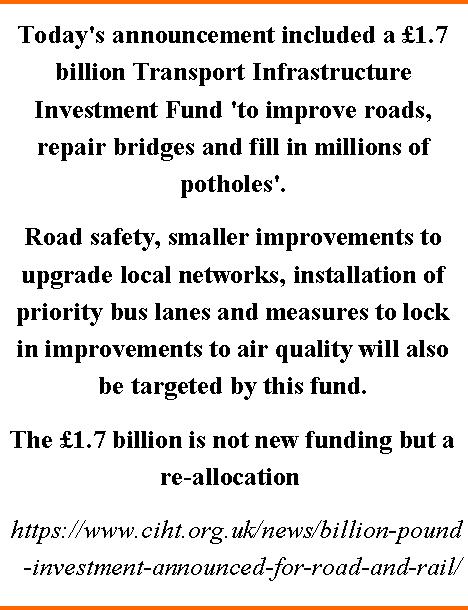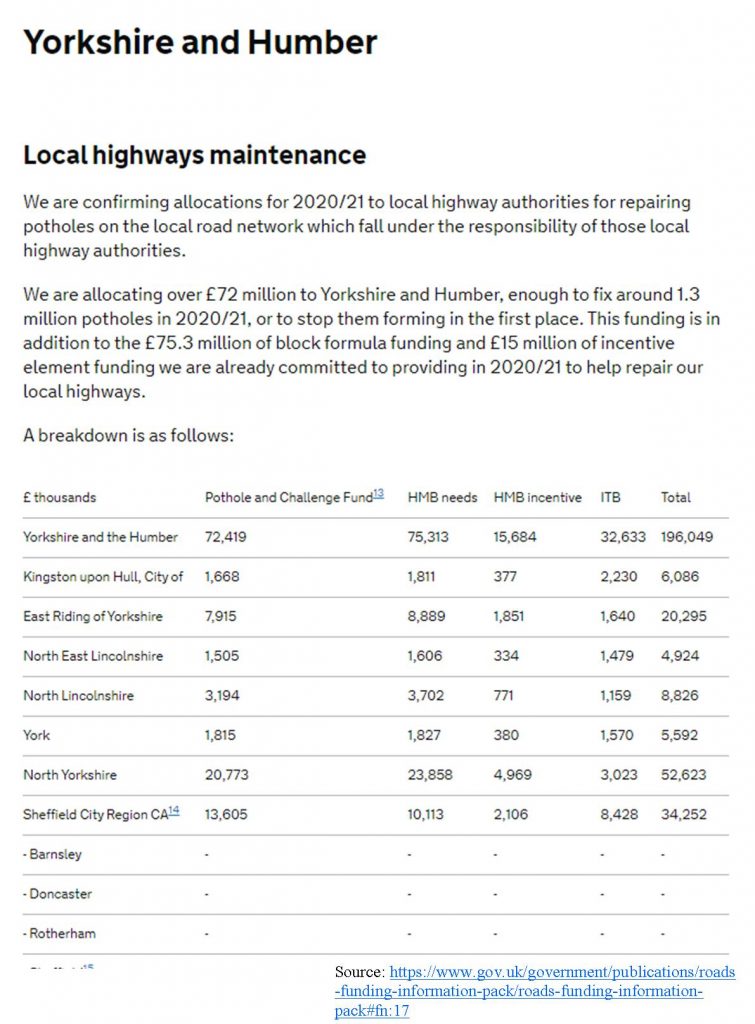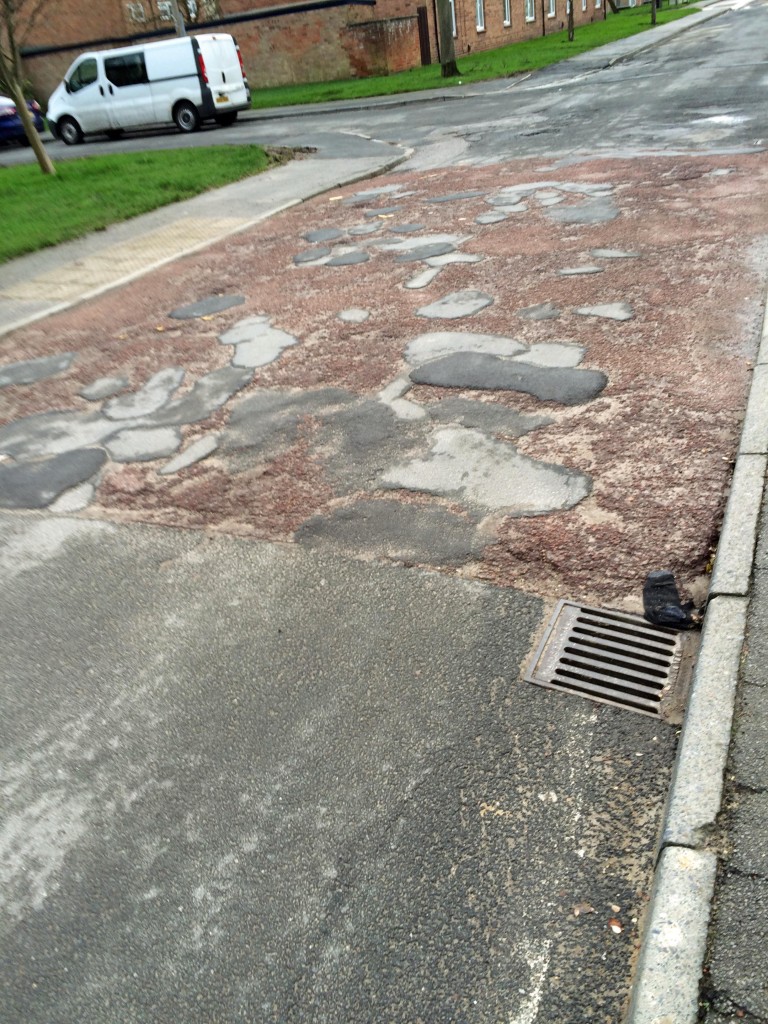City of York Council has been allocated £658,350 to support more active travel across York and the many residents who are choosing to walk and cycle more throughout the city’s COVID recovery.
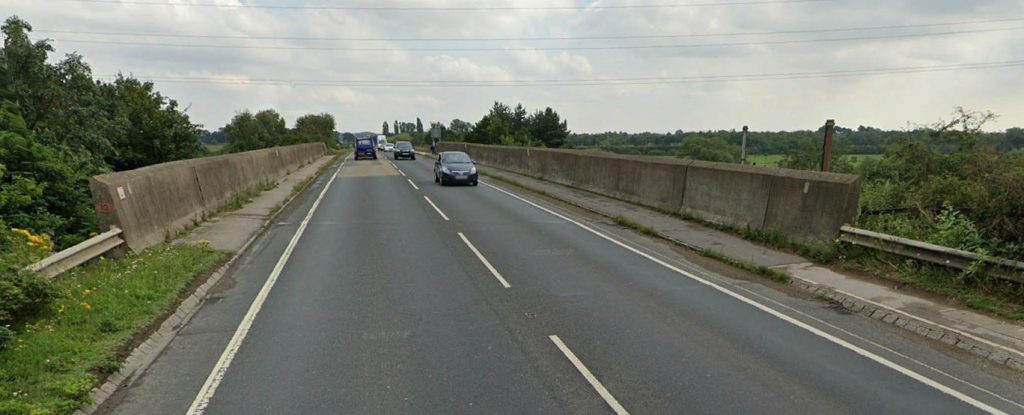
The Government’s Active Travel Fund is designed to support walking and cycling as a long-term method for commuting. To receive any allocation from the fund, the council must carry out wide reaching engagement on a variety of proposed schemes to inform designs for people-centred transport infrastructure and more active travel opportunities for residents.
There is likely to be some scepticism about the Council choice of schemes (see below). It’s plan for a cycle path from Wheldrake (pop 2000) to the City centre for example doesn’t appear to have been based on any sort of cost benefit analysis.
Other villages such as Dunnington (pop 3300) are closer, so cycling is likely to be a much more attractive option for commuters living in that area.
The Council has computer modelling facilities available which would allow it to prioritise, what are very scarce, resources on initiatives which will give the maximum “bang per buck”. We’ve had too many impulsive decisions in the recent past ..and too many vanity projects. Decisions need to be made with clear base line figures, milestones, quantifiable targets and proper outturn appraisals.
No plans have been announced to improve the lamentable state of the existing cycle network. Parts of the York Selby cycle path – which is not too far away from Wheldrake – is currently unusable because of surface damage
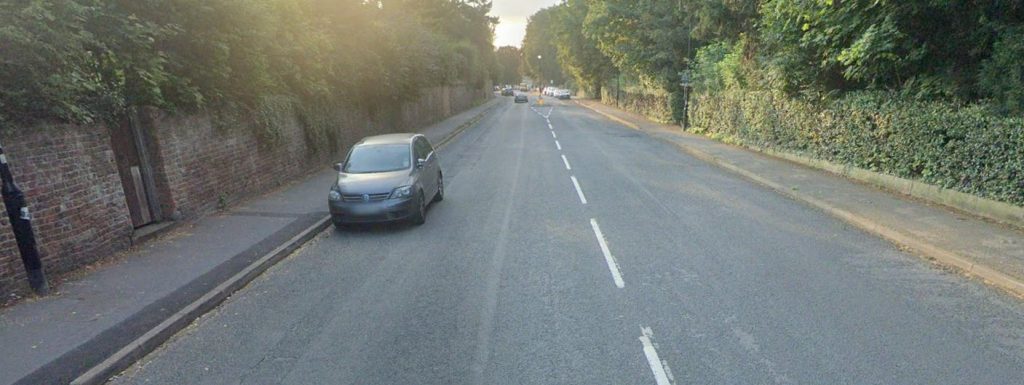
According to the Council, “the consultation, which will launch later this year, will provide residents the opportunity to shape future plans and ensure that they are designed to meet the needs of local communities. By using the consultation to develop high quality cycle routes, we can encourage more people to walk and cycle as part of their everyday travel in the city”.
This funding is the second phase of funding, following on from an initial £193,000 received in summer this year.
The Council claims that, “This second phase of funding will allow the city to build upon action taken so far this year through temporary changes to road layout and improving cycle safety, and enable the council to design and implement more permanent and wider reaching schemes to support residents with active travel opportunities across the city”.
The measures proposed to be consulted upon and delivered include:
- Measures on Shipton Road (north of Clifton Green), linking with ongoing improvements to cycling infrastructure on Bootham;
- Cycle lanes along Acomb Road;
- Some city centre measures, for example a pedestrian/ cyclists crossing of Tower Street near St George’s Field;
- Improvements to the cycle lane on the A1237 bridges over the Ouse and East Coast Main Line;
- Cycle improvements between Wheldrake and Heslington.
Consultation will be carried out in the coming months and feedback collected from this will be reported at an Executive Member for Transport Decision Session in early 2021.
This work will be carried out in coordination with the implementation of the council’s Economic Recovery Strategy. The strategy focuses on prioritising active travel, working with bus and rail operators to ensure people can continue to use public transport with confidence and creating a more people-focussed city centre.
The council’s iTravel team will be supporting engagement across local communities and schools to better understand barriers to active travel and how this funding can improve this across the city.

